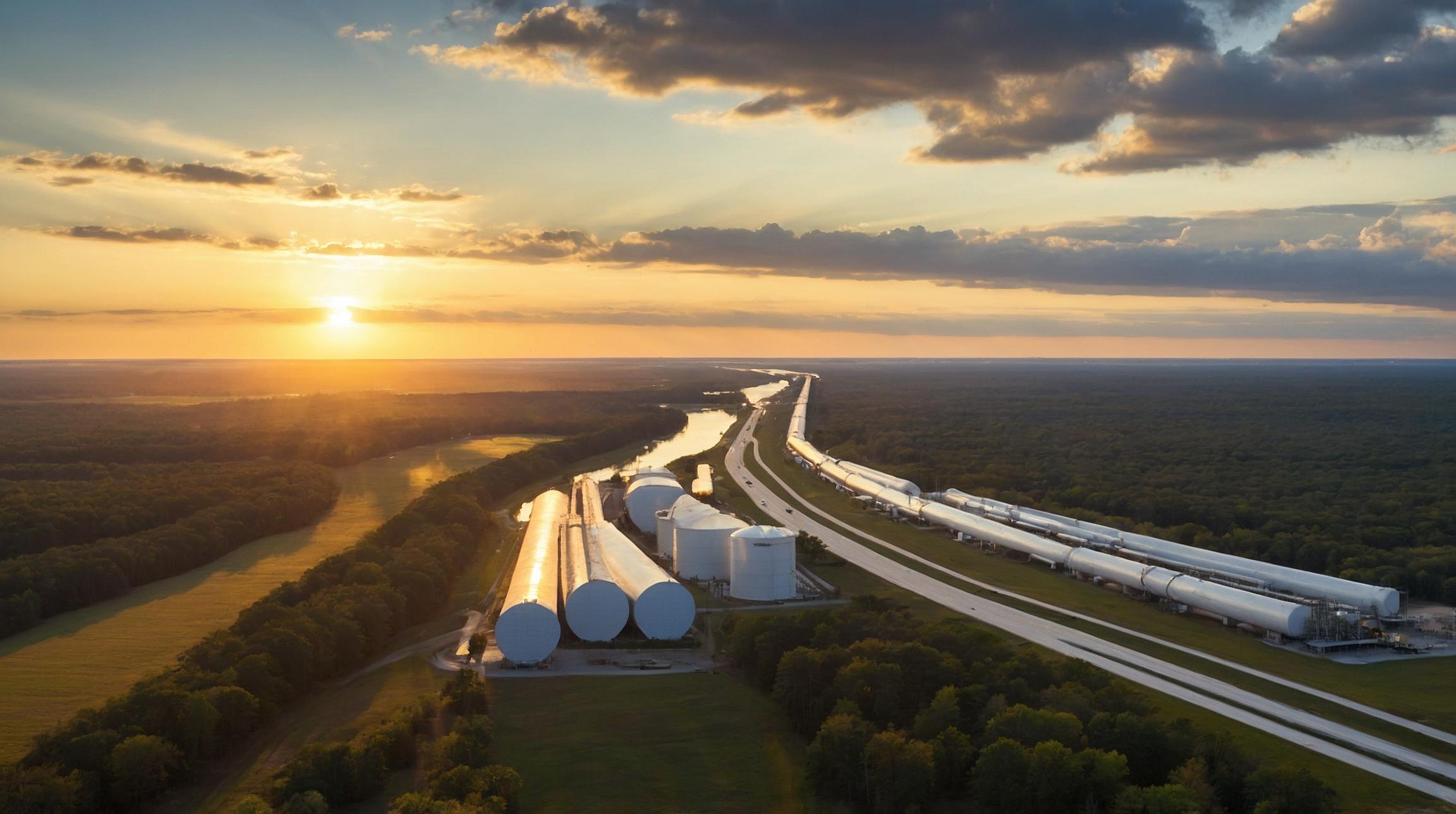Some Owners of Colonial Pipeline Looking to Sell Stakes, Potential Valuation Over $10 Billion
Colonial Pipeline, the largest fuel transportation system in the U.S., might see some of its owners selling their shares. Owners hope to get prices that value Colonial at more than $10 billion. This comes as the U.S. sees a rise in energy use, creating greater demand for pipeline capacity. Any potential sale will also assess the company's value, three years after a major cyberattack disrupted operations.
Key Players and Potential Sale
One of the stakeholders, Canadian pension fund Caisse de dépôt et placement du Québec (CDPQ), is working to sell its 16.6% stake. There are three other co-owners who are also considering selling their stakes. These include:
- Shell (Oil major)
- IFM Investors (Investment firm)
- KKR (Investment firm)
Together, these three own 55.3% of Colonial. Potential buyers include infrastructure funds, public pension funds, and sovereign wealth funds, according to people familiar with the matter. Another co-owner, a subsidiary of Koch Industries, plans to retain its 28.1% stake.
Confidential Nature of Discussions
Sources caution that no transaction is guaranteed and emphasize the confidential nature of these talks. They also requested anonymity because of the sensitive nature of the matter. When asked, a spokesperson from Colonial directed all questions on ownership to its owners. Representatives from CDPQ and KKR declined to comment, while IFM, Koch, and Shell did not respond immediately.
Colonial Pipeline System Overview
The Colonial Pipeline system extends over 5,500 miles, from Houston, Texas, to New York's harbor. It transports 100 million gallons of fuel daily, including gasoline, jet fuel, and diesel. It is considered the cheapest route to move fuel from low-cost production areas near the Gulf Coast to markets in the Southeast and across the Eastern Seaboard.
Past Cyberattack Impact
In 2021, a cyberattack shut down Colonial's pipeline for several days. This led to fuel supply disruptions at thousands of gas stations and airports. According to the U.S. Department of Transportation's Pipeline and Hazardous Materials Safety Administration, Colonial failed to prepare for a manual restart and shutdown operation, worsening the situation.
Investment Timeline
- CDPQ bought its stake in 2012 for $850 million from ConocoPhillips.
- IFM and KKR acquired their stakes in 2007 and 2010, respectively.
- Shell consolidated its holdings into a single stake in 2019.
- Koch has held its current stake since 2003.
Growing Demand for Pipelines
The demand for North American energy pipelines has surged due to the growth in U.S. energy production, coupled with the challenges of permitting and constructing new lines. This increase in demand has sparked heightened deal-making in the sector.
By converting the original details into simple language with examples, even a housewife can understand the intricate aspects of this development in the U.S. energy sector.
Key Points:
- Owners exploring sale: Seeking over $10 billion valuation
- Potential buyers: Infrastructure funds, pension, sovereign wealth funds
- Cyberattack in 2021: Highlighted operational vulnerabilities
- Significant investment: Growth in U.S. energy production increases pipeline value













